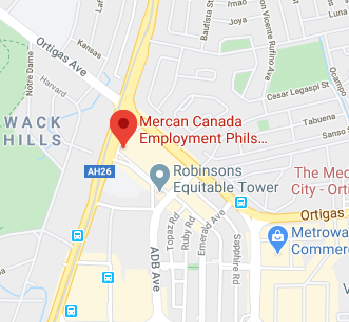Changes to Canada’s Temporary Foreign Worker Program
Changes to Canada's Temporary Foreign Worker Program
2022 April 6
Some changes have been announced to Canada's Temporary Foreign Worker Program (TFWP). This is the program through which employers hire foreign workers utilizing the Labour Market Impact Assessment (LMIA) process. LMIAs require the employer to substantiate their inability to fill a position with a Canadian citizen or permanent resident, and thus justify the hiring of a foreign worker. [There are some LMIA-exempt work permit categories, referred to as the International Mobility Program (IMP), but these are not impacted by the changes discussed herein.]
Effective April 4, the following new provisions apply:
- The cap on the number of low-wage positions in seasonal industries that employers can fill through the TFW Program is removed. (This essentially makes permanent the seasonal cap exemption announced in 2015.) In addition, the maximum duration of these positions will be increased from 180 days to 270 days per year.
- This is relevant for industries such as fish and seafood processing
- LMIAs will be valid for 18 months, an increase from 9 months (and 6 months pre-COVID). This is the time frame by which the employee must make a work permit application, after LMIA approval.
- Previously approved, still-valid LMIAs can be extended at the request of the employer
- (In the case of Seasonal Agricultural Workers, LMIAs for the 2022 season will be extended to December 15, 2022.)
- High-Wage and Global Talent Streams workers will be allowed to seek work permits for a maximum of three, rather than two, years.
- Low-Wage workers' allowances will be increased from one to two years (on a three-year pilot program)
Effective April 30:
- The cap on the percentage of low-wage foreign workers (vs. Canadian citizens/PRs) that an employer can employ under the TFW will be increased from 10% to 20%, and 30% in sectors with demonstrated labour shortages.
- Those with demonstrated labour shortages include food manufacturing, wood product manufacturing, furniture and related product manufacturing, accommodation and food services, construction, hospitals, and nursing and residential care facilities
- Further, the policy that automatically disallows LMIA applications for low-wage occupations in the Accommodation and Food Services and Retail Trade sectors in regions with an unemployment rate of 6% or higher will be removed.
The easing of restrictions should allow more favourable conditions for employers to hire necessary foreign workers.


